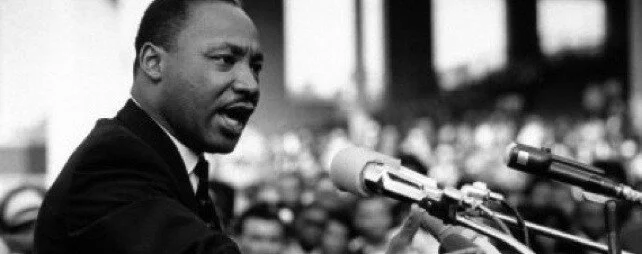Summit Ministries and Rasmussen Reports released the results of a survey asking people their views on religious freedom. Their headline reads, “Overwhelming Majority of Americans Support Religious Freedom, Oppose Key Provisions of Equality Act.” (June 22, 2021)
Their survey of 1,000 likely voters conducted on June 16 and 17, found that 82% of Americans say freedom of religion is important to a healthy American society. The survey asked two simple questions. The first asked, “How important is freedom of religion to a healthy American society?”
The second question asked, “Should churches and faith-based charities be required by law to hire people who oppose their religious beliefs?” The report heralded the finding that only 20% of Americans say churches and faith-based organizations should be required by law to hire people who oppose their religious beliefs.
However, what really caught my attention was the fact that the survey also reported another 30% were “not sure.” That is very concerning. The question did not ask if religious organizations should be required by law to hire people who might not agree with their religious beliefs. It asked if religious organizations should have to hire people who outright oppose their beliefs. Thirty percent think that maybe religious organizations should be forced to hire people who oppose their beliefs?
This tells me that Americans don’t understand religious freedom. We have a real problem on our hands if so many people (50%) don’t know that religious freedom actually means freedom. Instead, 20% think that, for instance, churches should be forced to hire atheists if they apply for a job, and 30% are just not sure.
That caused me to question the finding that 82% of Americans say freedom of religion is important to a healthy American society. I’m not questioning the accuracy of the polling. I’m questioning people’s understanding of religious freedom.
“Freedom of religion is more than freedom to worship.”
Remember, these were not different people being polled. The same people who overwhelmingly support religious freedom are split on the issue of forcing religious institutions to hire people who oppose their religion.
It very well could be that when the 82% said religious freedom is important, they were thinking of freedom to worship. Sure, they might have thought, people should be able to gather together and pray to and sing to whatever god they want. But freedom of religion is more than freedom to worship.
Religious freedom is not only the freedom to think what you want (in your head, your home, and your place of worship), it is also the freedom to act on it, to build community around it, and to hire people who will help in the teaching of, and living out of, those religious beliefs.
Rather than a survey proving the value Americans put on religious freedom, we should see it as an alarm bell alerting us that Americans need to understand what religious freedom really means. Students in public schools — the next generation of voters — need to learn the importance of religious freedom for a flourishing society. People will not defend what they do not cherish, and they will not cherish what they do not understand.
To help promote religious freedom in public schools, visit GoGateways.org/freetospeak.
Your donation will help Gateways teach students the importance of religious freedom. Give today.





